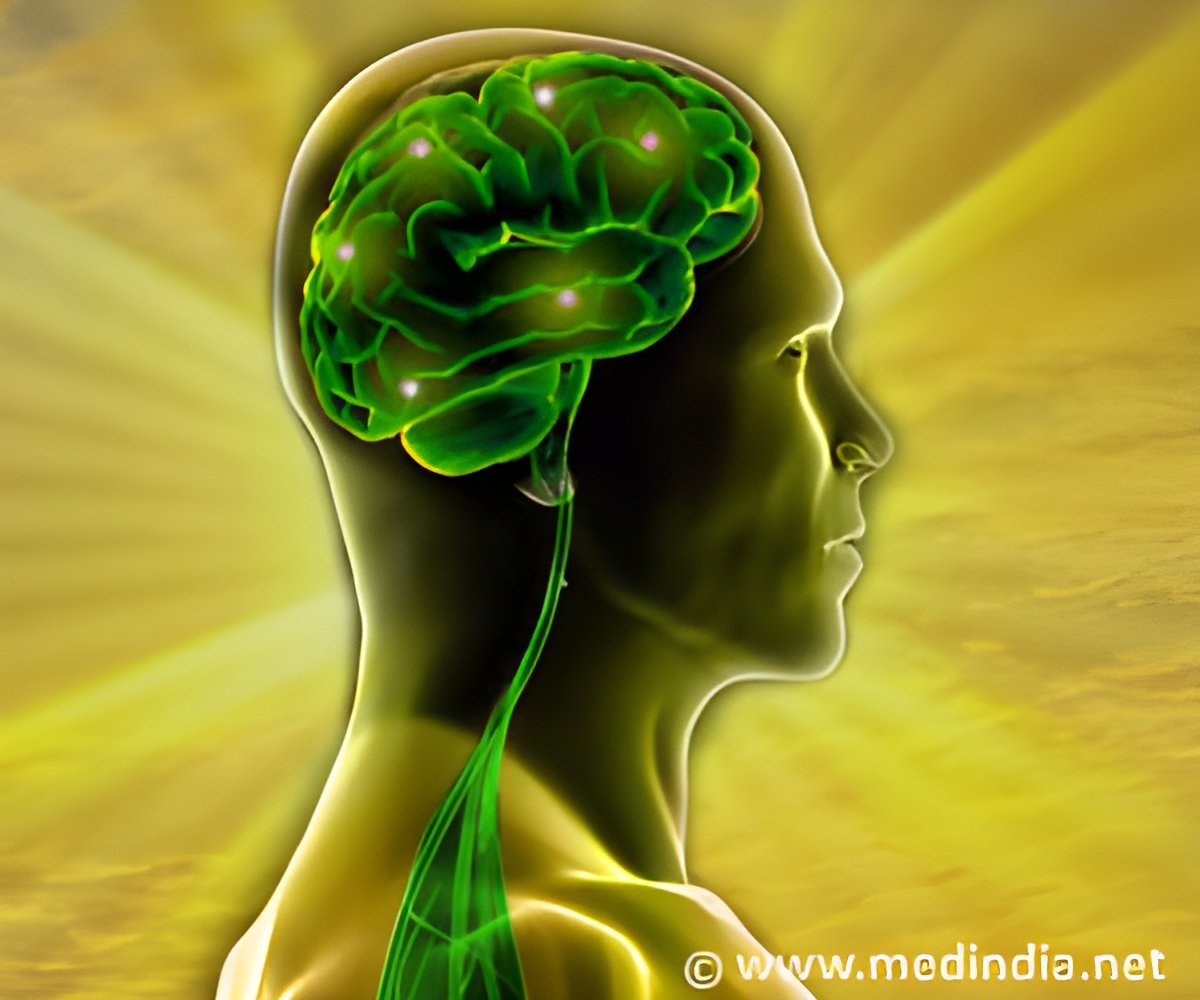
Led by scientists at the University of Bristol, the research aimed to better understand the mechanisms that enable people to form memories by studying the molecular changes in the hippocampus - the part of the brain involved in learning.
The communication is initiated through a chemical process that is triggered by calcium entering brain cells and activating a key enzyme called 'Ca2+ responsive kinase' [CaMKII].
Once this protein is activated by calcium, it triggers a switch in its own activity enabling it to remain active even after the calcium has gone. This special ability of CaMKII to maintain its own activity has been termed 'the molecular memory switch.
The research team comprising of scientists from the University's School of Physiology and Pharmacology, conducted experiments using the common fruit fly [Drosophila] to analyse and identify the molecular mechanisms behind this switch.
Using advanced molecular genetic techniques that allowed the scientists to temporarily inhibit the flies' memory, the team were able to identify a gene called CASK as the synaptic molecule regulating this memory switch.
Advertisement
In repeat memory tests those lacking these key genes were shown to have no ability to remember at three hours (mid-term memory) and 24 hours (long-term memory) although their initial learning or short-term memory wasn't affected.
Advertisement
The study has been published in the journal Frontiers in Neural Circuits.
Source-ANI










